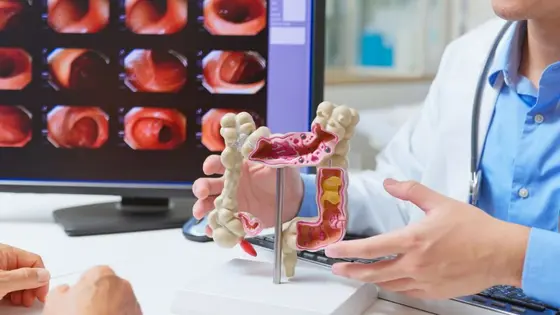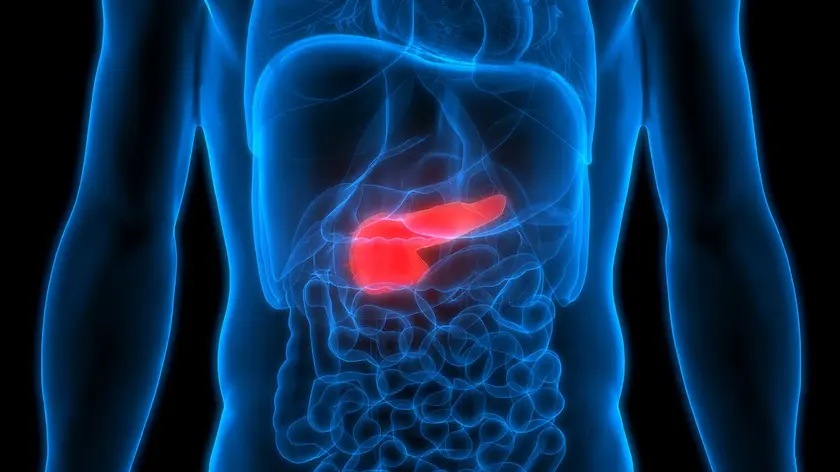T4K3.news
Alcohol and cancer study prompts NHS screening drive
A new study links alcohol to pancreatic cancer through CREB inflammation, as the NHS launches a screening pilot for early detection.

A new study ties alcohol to pancreatic cancer through CREB driven inflammation and notes a national screening push by the NHS.
Alcohol use linked to pancreatic cancer risk study finds
Researchers at the University of Miami Miller School of Medicine say alcohol activates CREB in the pancreas, a molecule tied to inflammation. The study argues that CREB acts as a switch that permanently converts normal acinar cells into precancerous cells, raising the risk of high‑grade neoplasia. In the UK, about 10,500 people are diagnosed with pancreatic cancer each year, and survival beyond 10 years is rare. The disease usually spreads before symptoms appear, making it very hard to treat.
The NHS has launched a three‑year pilot to find cases early. GP teams will comb through patient records to spot people over 60 with signs such as newly diagnosed diabetes or sudden weight loss. More than 300 GP practices will participate, with testing including blood tests and CT scans if needed. The study also notes that reducing alcohol intake lowers risk, while lab results suggest blocking CREB could stop the cancerous process in those who continue to drink.
Key Takeaways
"CREB is a molecular orchestrator that permanently converts acinar cells into precancerous cells."
Dr Nagaraj Nagathihalli, senior author
"Blocking CREB could stop the cancerous process, even for those who continue to drink."
Dr Siddharth Mehra, study lead author
"Our model serves as an important platform for understanding how chronic inflammation related to alcohol consumption accelerates the development of pancreatic cancer."
Dr Siddharth Mehra
"By targeting CREB, we may be able to prevent the development of pancreatic tumors, even in those who continue to drink."
Dr Mehra
The findings point to a biological mechanism behind alcohol related cancer, reinforcing the link between chronic inflammation and tumor development. Yet the research is early, based on cellular models, and human outcomes remain uncertain. The NHS screening push is timely but resource intensive; its success will depend on clear communication and careful handling of false positives. In public discourse, the key task is to translate a cautious scientific signal into practical guidance without fueling stigma around drinking.
Highlights
- CREB turns healthy pancreatic cells into precancerous ones.
- Blocking CREB could prevent pancreatic tumors even with continued drinking.
- The study links chronic inflammation from alcohol to faster cancer development.
- This work points to inflammation as a driver of cancer and a possible target.
Public health and cancer risk linked to alcohol
The report ties drinking to a deadly cancer and describes an NHS screening drive. This raises questions about budget, resource use, and public reaction.
Public health messaging should balance clear risk with practical steps.
Enjoyed this? Let your friends know!
Related News

Young Americans face higher rectal cancer risk

New mastectomy guidelines proposed

Colon cancer case spikes among younger adults drive health warnings

Rising MASLD affects millions in the UK

Rising cancer rates in young women

Growing rates of vitamin B12 deficiency reported in the UK

Heart failure risk linked to pregabalin study

Colorectal cancer screenings expand as cases rise
